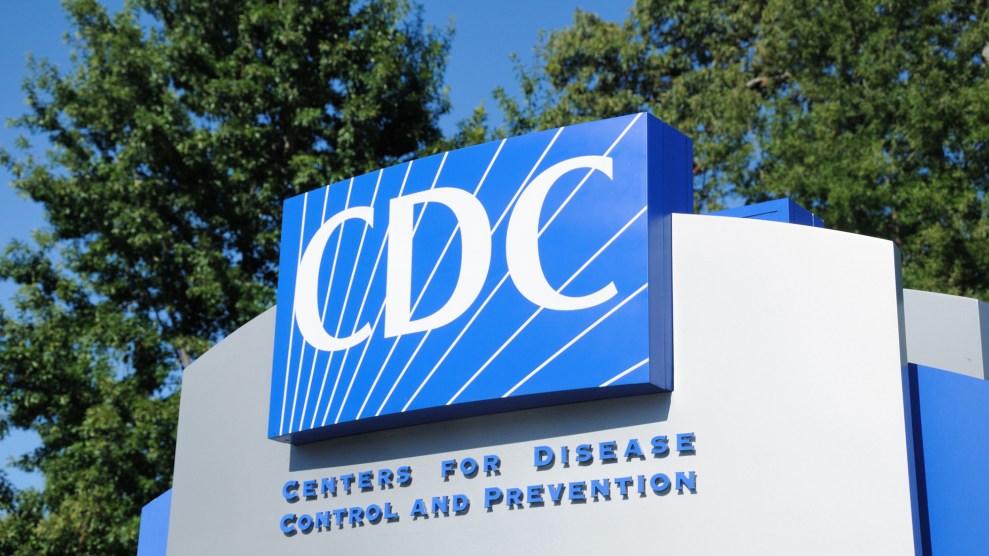On Wednesday, the Centers for Disease Control and Prevention got a new director: Robert Redfield, a prominent University of Maryland HIV researcher. Appointed to the role by Health and Human Services Secretary Alex Azar, Redfield will replace former director Brenda Fitzgerald, who resigned in January over financial conflicts of interest.
Redfield’s critics point to a track record mired in controversy. In the 1990s, he oversaw a trial of an AIDS vaccine at the Walter Reed Army Institute of Research; that work was later found to be inaccurate. From Kaiser Health News’ reporting on the incident:
“Either he was egregiously sloppy with data or it was fabricated,” said former Air Force Lt. Col. Craig Hendrix, a doctor who is now director of the division of clinical pharmacology at Johns Hopkins University School of Medicine. “It was somewhere on that spectrum, both of which were serious and raised questions about his trustworthiness.”
The Army investigated that work in 1994 and cleared Redfield of misconduct allegations.
Earlier, in the 1980s, Redfield led an effort to screen all members of the military for HIV, and prohibit those who tested positive from serving. He also supported HIV testing of civilians during routine doctor visits and when applying for marriage licenses, a policies that most of the public health community strongly opposed.
In a March 19 letter (PDF) to President Trump, Sen. Patty Murray (D-Wash.) called Redfield’s record “ethically and morally questionable” and urged the president to “reconsider Dr. Redfield as a candidate for CDC director.”
Redfield hasn’t commented publicly on his current stance on HIV policy. As Gregg Gonsalves, an AIDS researcher with the Yale School of Public Health told the New York Times, “We don’t have to be defined by our pasts, but Dr. Redfield has to clarify where he stands now on key issues and place himself firmly in the mainstream of evidence-based public health.”


















